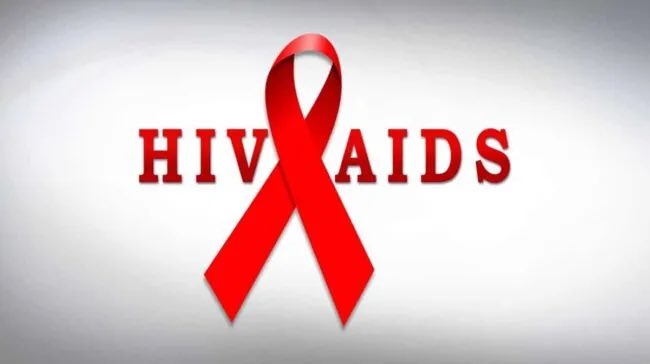
4,000 Young Women Get Infected With HIV Weekly — AHF Raises Alarm

The AIDS Healthcare Foundation (AHF) Nigeria has raised serious concern over the alarming rise of HIV infections among young women, revealing that an estimated 4,000 women aged 15 to 24 contract the virus every week.
Even more troubling, over 3,300 of these new infections occur in sub-Saharan Africa, underscoring the region’s persistent vulnerability to the epidemic.
According to AHF, the trend exposes the harsh inequalities driving the spread of HIV — from poor access to healthcare and education to gender-based violence and economic dependency that leave young women particularly at risk.
The organization noted that while global HIV awareness has grown, prevention measures among young women in low-income communities remain grossly inadequate.
Speaking during an awareness campaign, AHF Nigeria’s Country Program Director emphasized that the statistics are “not just numbers but lives being altered every single day.” She warned that unless governments, schools, and health agencies intensify prevention strategies, the continent could face another wave of HIV crises among its youth population.
The foundation urged policymakers to expand sexual health education, free testing, and access to antiretroviral therapy (ART), especially for young women in rural and underserved areas. AHF also called for stronger advocacy against social stigma and discrimination that still deter many from seeking early testing or treatment.
Experts have linked the surge in new infections to rising cases of transactional sex, limited condom use, and misinformation about HIV transmission, particularly through social media myths. In Nigeria, the National Agency for the Control of AIDS (NACA) estimates that over 1.8 million people live with HIV, with women accounting for the majority of new infections due to biological and socio-economic factors.
The shocking revelation by AHF has ignited conversations across social platforms, with many Nigerians demanding better government funding for reproductive health programs and renewed campaigns in schools and communities.
As one social media user wrote, “We can’t fight HIV in silence — we must fight ignorance, poverty, and stigma together.”


